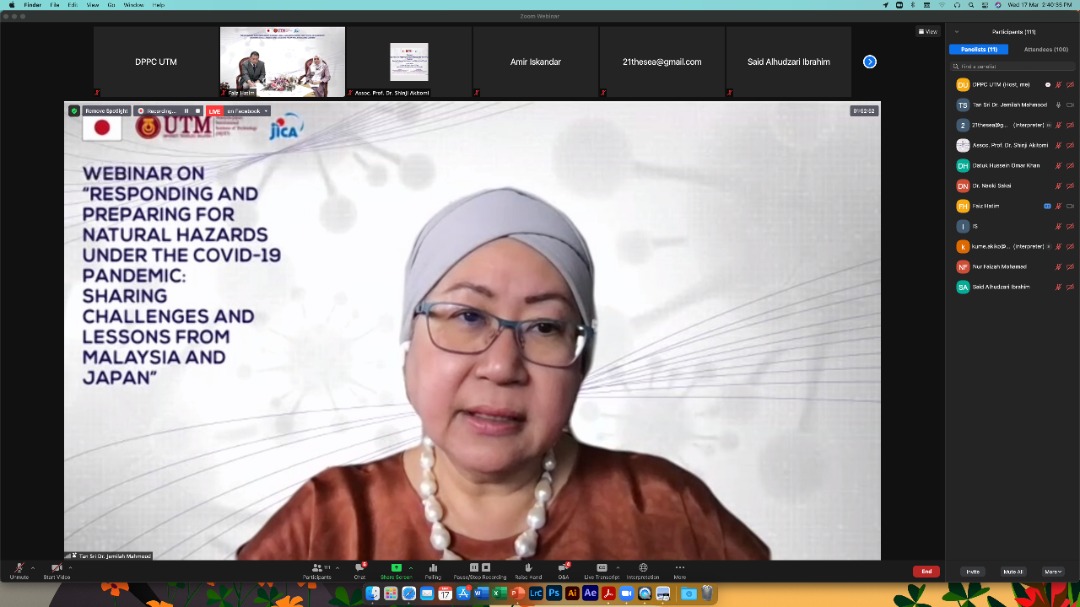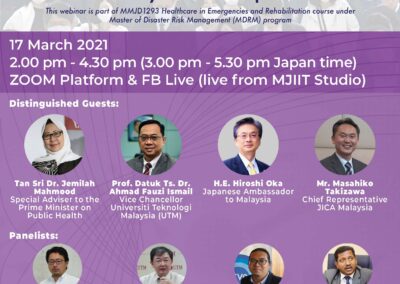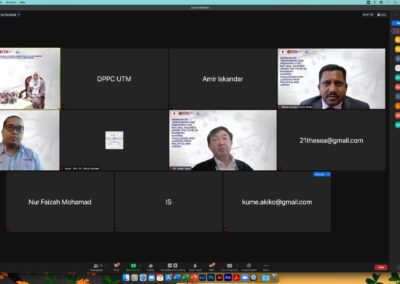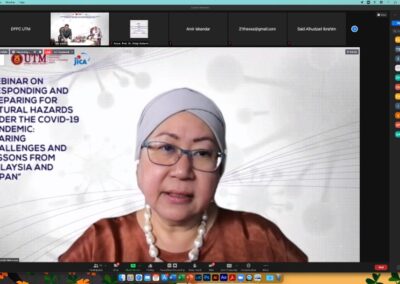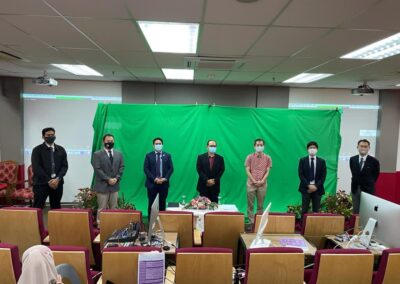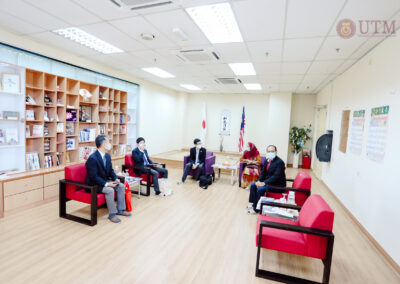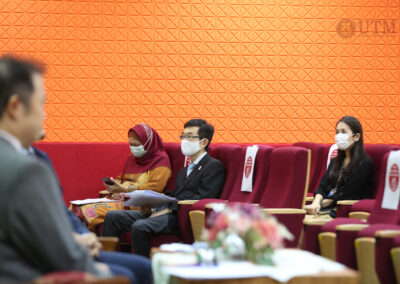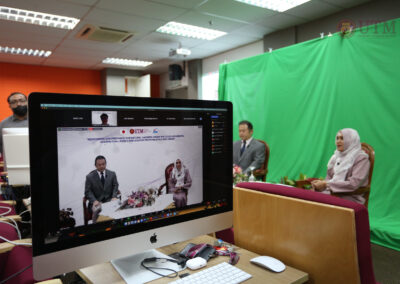On 17 March 2021, the Malaysia Japan International Institute of Technology (MJIIT) of Universiti Teknologi Malaysia (UTM) Kuala Lumpur together with the Embassy of Japan in Malaysia and Japan International Cooperation Agency (JICA) Malaysia organized a webinar entitled, “RESPONDING AND PREPARING FOR NATURAL HAZARDS UNDER THE COVID-19 PANDEMIC: Sharing Challenges and Lessons from Malaysia and Japan.”
The webinar shared the challenges and lesson from Malaysia and Japan in responding to multiple disasters, such as floods and landslides under the COVID-19 pandemic and suggested the way forward to better reduce and prevent such compound disasters in the future.
During the monsoon/typhoon season in 2020 and beginning of 2021, both Malaysia and Japan experienced heavy flooding caused by record-breaking rainfalls that forced tens of thousands of people to be displaced across wide areas. The ongoing COVID-19 pandemic have additionally posed significant challenges for disaster response and called for “new norms” to be quickly established for better disaster risk reduction and management.
In this light, the webinar invited four expert speakers to offer different insights on this topic, namely, Dr. Shinji Akitomi, Emergency Physician from Medical Corporation Ioukai and Mr. Naoki Sakai, PhD, Chief Researcher, National Research Institute for Earth Science and Disaster Resilience (NIED), both from Japan and Mr. Said Alhudzari Ibrahim, General Manager, Program Operations, MERCY Malaysia and Datuk Hussein Omar Khan, Director of Operations, National Disaster Management Agency (NADMA), Malaysia.
The webinar was opened by Prof. Datuk Ts. Dr. Ahmad Fauzi Ismail, Vice Chancellor, UTM and Japanese Ambassador to Malaysia, Hiroshi Oka. The keynote speech was given by Tan Sri Dr. Jemilah Mahmood, Special Adviser to the Prime Minister of Malaysia on Public Health. Closing was given by Mr. Masahiko Takizawa, Chief Representative, JICA Malaysia Office.
Tan Sri Dr. Jemilah in her keynote speech left the participants with five key points for better disaster management and pandemic preparedness:
- Importance of multi-sectoral, whole-of-society approach
- Balance between central and local approaches
- Flexible and agile arrangements for governments to respond effectively and quickly to different emergencies
- Effective use of data and technology for better crisis response
- Public trust to safeguarding people during any form of crisis
The recording of the webinar can be seen on DPPC’s Facebook page or DPPC Youtube Channel
For more information about the webinar, contact DPPC MJIIT, UTM KL at dppc@utm.my or 03-2203-1585.
Knowledge notes of this webinar can be found below
